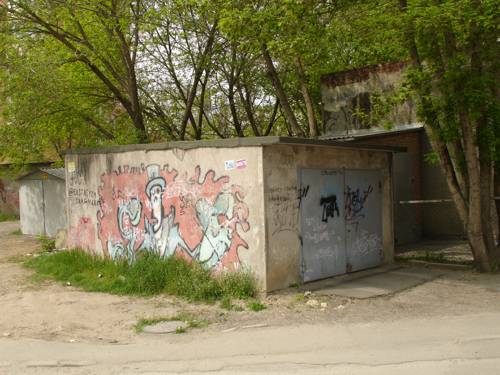
FAQ About The Influence of Graffiti on Urban Landscapes

What are some ethical considerations related to graffiti?
Ethical considerations in graffiti include the respect for property rights, cultural sensitivities, and local laws. Artists often navigate the fine line between public art and vandalism, considering the potential impacts of their work on communities and urban environments.
Other Questions About The Influence of Graffiti on Urban Landscapes
- What is graffiti and how does it impact urban landscapes?
- How does graffiti serve as a form of social commentary?
- What are the different styles of graffiti art?
- How does graffiti transform city environments?
- Are there famous cities known for their graffiti scenes?
- What role does graffiti play in urban renewal projects?
- Is graffiti considered legal or illegal?
- How does graffiti influence local culture?
- Can graffiti be considered art or vandalism?
- What materials are commonly used in graffiti art?
- How has technology influenced modern graffiti?
- What is the significance of graffiti in areas of political conflict?
- How do communities generally perceive graffiti?
- What are some common misconceptions about graffiti?
- How does graffiti impact tourism in a city?
- What is the relationship between graffiti and hip-hop culture?
- How do artists get recognized in the graffiti community?
- What are some ethical considerations related to graffiti?
- How do public policies impact the practice of graffiti?
- What future trends are emerging in graffiti and urban art?

Create new FAQ page, write FAQs and publish for your clients, friends, colleagues, visitors, students, customers, guests, neighbors, or yourself.
Create Your Own FAQ Page now